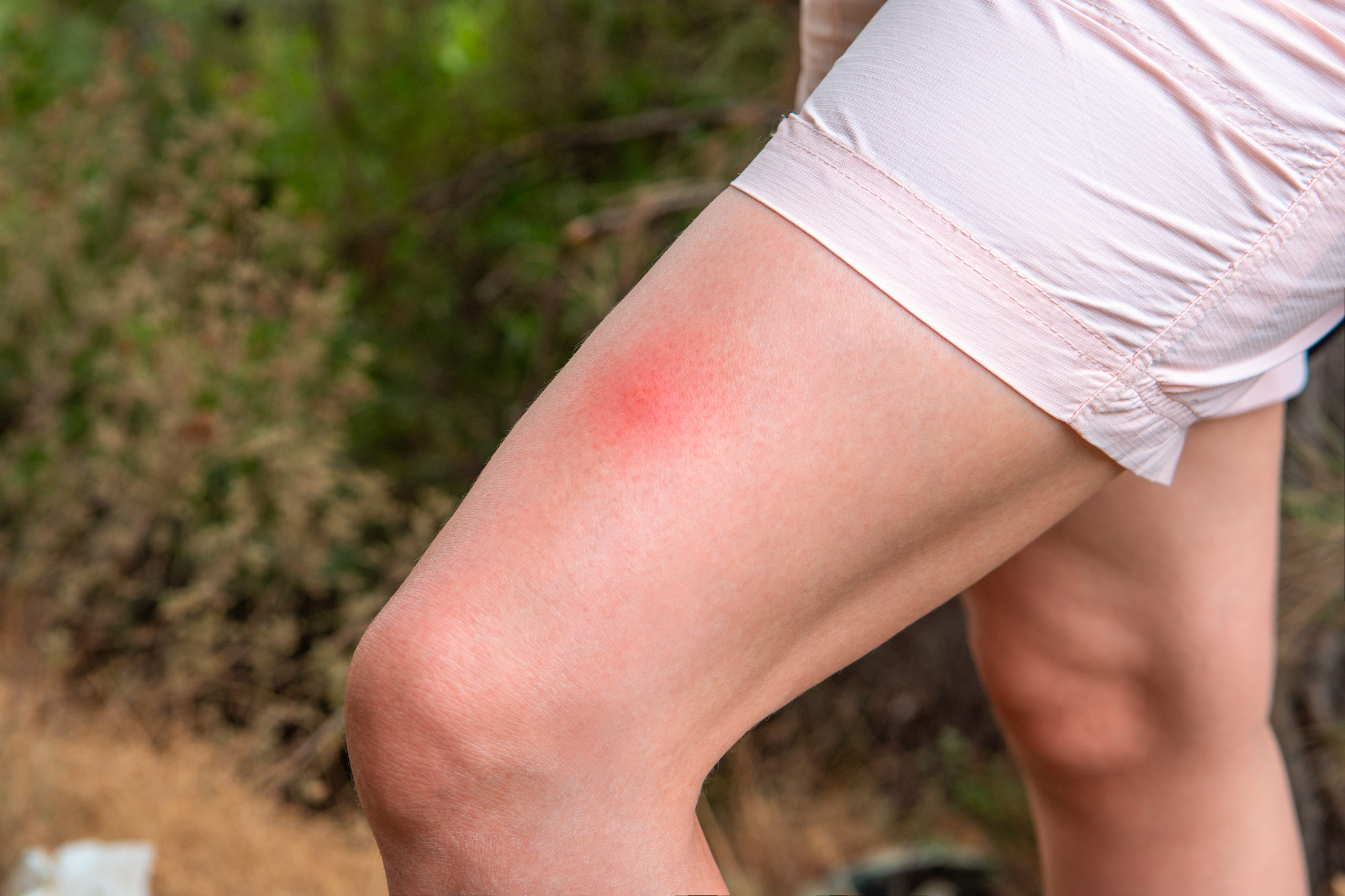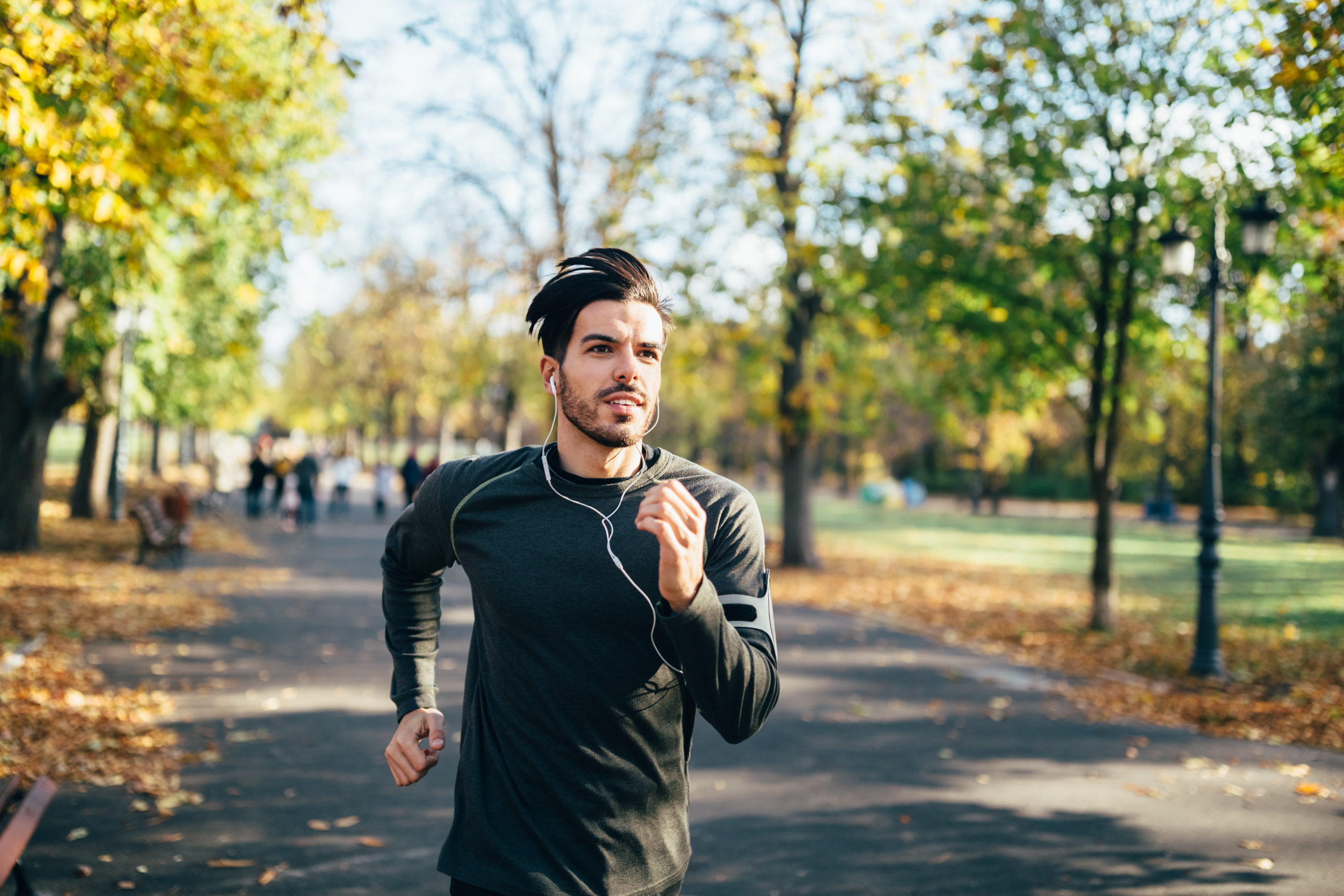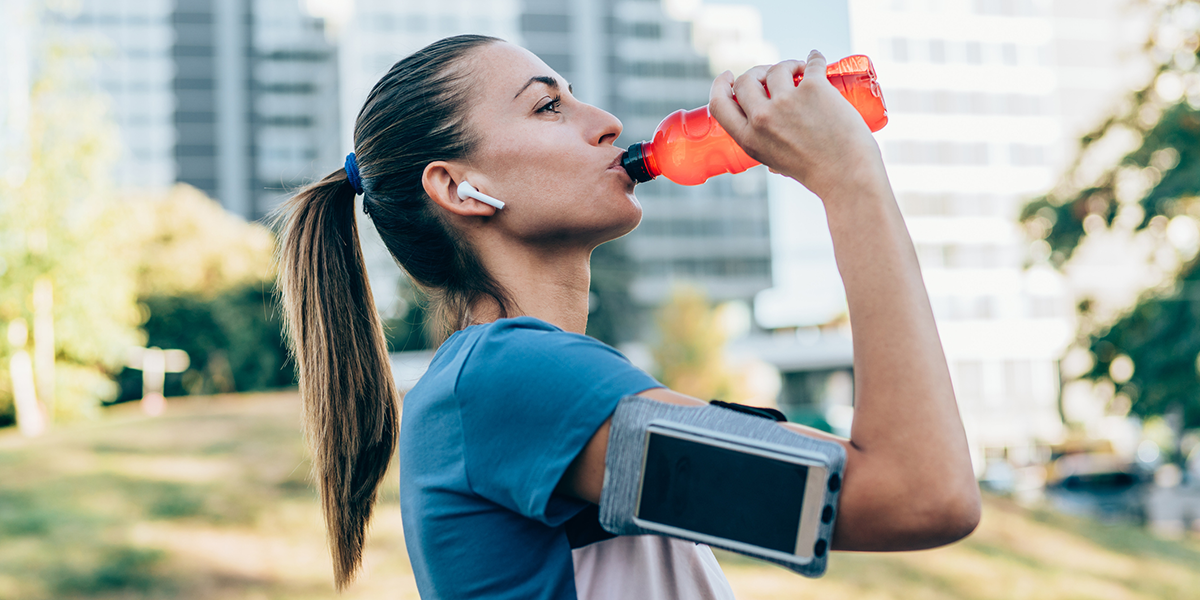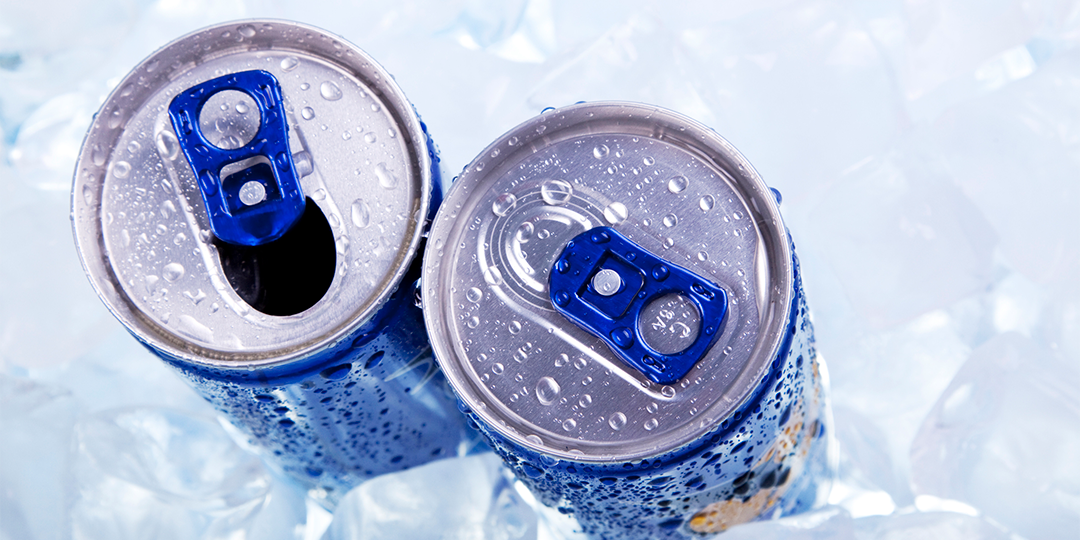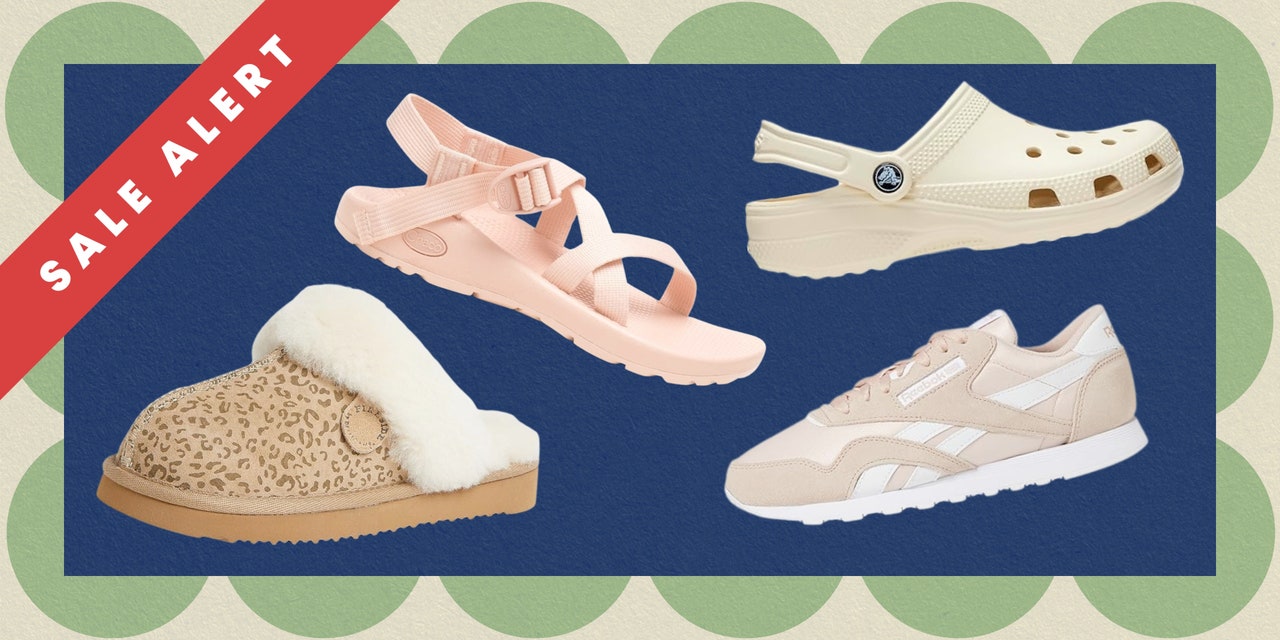Prevent Runner's Itch With These Simple Tips
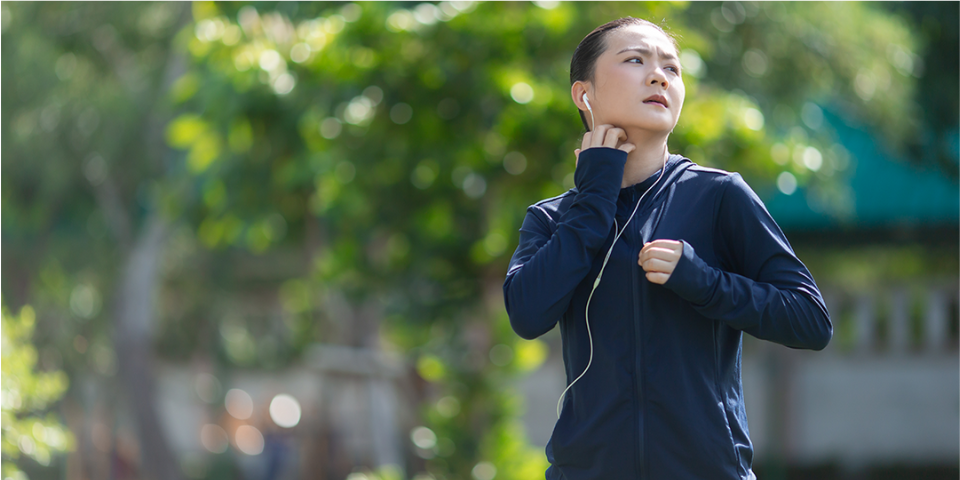
Your running playlist is perfect. You’ve hit a great stride. You’re on pace to beat your record time.
Then, suddenly, your skin starts to feel itchy and tingly, kind of like you passed through a poison ivy patch. What causes this “runner’s itch” — and should you be concerned?
Here’s what you need to know.
What Is Runner’s Itch?
Runner’s itch is an irritation of the skin that can surface during strenuous exercise. The itch can occur anywhere on your body, including your stomach and arms, but it’s most common on the legs.
Fortunately, it’s not usually a concern, especially if it goes away soon after you stop running. If the itchiness doesn’t subside — or it’s accompanied by symptoms like hives or dizziness — talk to your doctor.
What Causes Runner’s Itch?
Here are two of the most common reasons why you might be itchy.
Nerves
One common cause of runner’s itch is increased blood flow. This occurs most with people who are new to running or haven’t run in a while.
The intensity of the activity boosts your heart rate, which leads to expanded arteries and capillaries, as well as more blood flow to the muscles.
When that happens, nerve cells throughout the body can become stimulated. So what you’re feeling is not technically an itch but rather fired-up nerves.
Allergies
Another possible cause — especially if the itchy area is covered by your clothing — is a mild allergic reaction to a product you’re using, such as laundry detergent or soap.
Fragrances among these products tend to be one of the top culprits for contact dermatitis, which is an itch caused by contact with an allergen, says Lily Adelzadeh, MD, a board-certified dermatologist in California.
As you sweat, your pores open up more, which could make you more likely to have a reaction.
Some people may also experience exercise-induced urticaria, a condition which causes allergic symptoms like hives or swelling during or after physical activity.
If you think this might be your issue, your doctor can help you identify potential triggers and control your symptoms.
How Do You Prevent Runner’s Itch?
- Running on a regular schedule can help, as the condition tends to be less problematic as your body — and your nervous system — gets used to running, says Adelzadeh.
- Warm up before running, since that helps with blood flow.
- Switching to fragrance-free detergent and dryer sheets for your running gear can help as well, Adelzadeh adds.
- Wearing moisture-wicking clothes can help minimize sweating, and compression socks can help with blood flow.
Can You Stop Runner’s Itch?
Prevention steps are helpful, but what can you do in the moment for that super itchy sensation?
Adelzadeh suggests rubbing your legs instead of scratching, since scraping the skin can make it more irritated.
You may also want to try carrying a small bottle or baggie of unscented moisturizer with you, because dry skin can exacerbate the issue.
If possible, keep running. Getting your full workout will help you adjust faster and leave runner’s itch behind.
But if your symptoms are severe or they don’t subside, talk to your doctor about possible treatment options.


